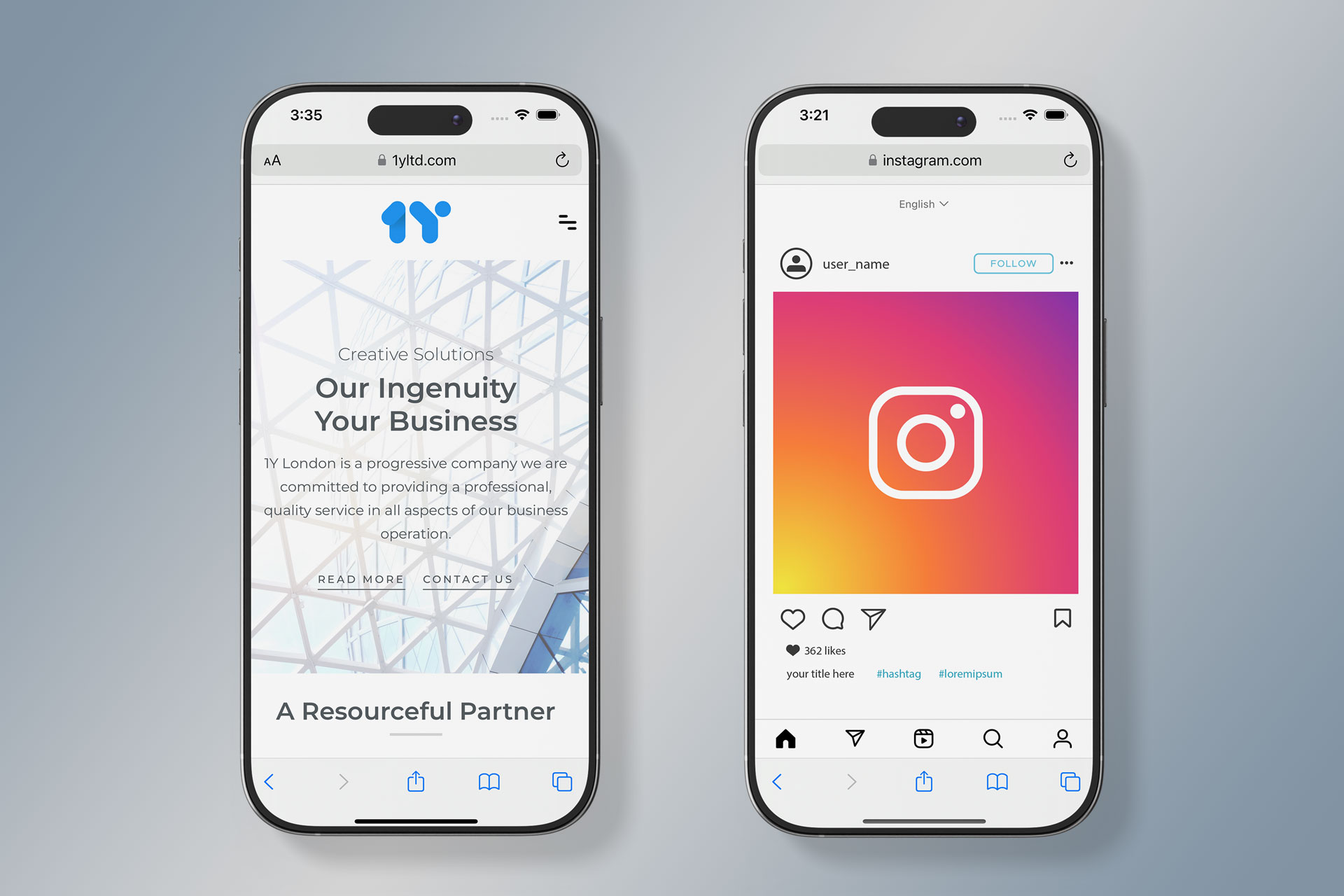A “Horses for Courses” Guide for Small Business Owners
When you’re running a business, especially a small one, it’s easy to get overwhelmed by the digital tools at your disposal. Your website needs content. Your social media channels need updates. But how do you decide what belongs where?
The answer lies in understanding the role each platform plays in the customer journey — and choosing the right “horse” for the right “course.”
Let’s break it down.
Your Website: Your Digital Home Base
Think of your website as your shopfront, open 24/7. It should be structured, informative, and trustworthy — the place people land when they’re serious about learning more or taking action.
Use your website for:
- Essential Information: who you are, what you offer, pricing, FAQs, opening hours, contact details.
- Credibility Builders: testimonials, portfolios, case studies, accreditations.
- Deeper Content: blog posts, how-tos, detailed service descriptions.
- Conversions: bookings, purchases, lead forms, newsletter signups.
It’s where curiosity turns into commitment.
Social Media: Your Digital Discovery Tool
Social media is where people find you — often accidentally. They’re scrolling through their feeds, not necessarily looking for your business, but the right post at the right time can spark interest.
Use social media for:
- Brand Awareness: eye-catching visuals, short videos, behind-the-scenes content.
- Engagement: polls, questions, stories, reels — anything that invites interaction.
- Timely Updates: new offers, events, changes to your hours, seasonal messages.
- Personality & Community: show your human side, values, and everyday moments.
It’s where relationships begin.

What Content Goes Where?
Needed on Your Website:
These are the essentials — the content that builds trust, provides key information, and supports conversion.
- Opening hours (permanent info)
- Booking system (online forms or integrations)
- Full blog posts (for SEO and depth)
- Event pages (with all details and calls-to-action)
- Customer testimonials (structured, searchable)
- New product/service details (descriptions, pricing, benefits)
Not Needed on Your Website (Better for Social Media):
These belong in the feed, where they grab attention, build community, and show your personality.
- Temporary changes to hours (holiday notices, last-minute updates)
- Behind-the-scenes content (your workspace, team moments)
- Blog teasers (short quotes or key takeaways to link back)
- Event hype (countdowns, reminders, RSVPs, sneak peeks)
- Customer shoutouts (short quotes, video testimonials)
- Product/service announcements (quick, exciting visuals)
Pro Tip:
Think of your website as the “source of truth” and your social media as the “spark of interest.” Social drives traffic; your website converts it.
Horses for Courses: Best Social Channels by Business Type
Each social media platform has its strengths. Here’s a quick cheat sheet for which platform fits which kind of business:
Art Classes / Creative Workshops
- Best Platform: Instagram or TikTok
- Why: Visual, engaging, perfect for short-form demos and showcasing work.
- Tip: Use Stories/Reels to show process or class energy.
Restaurants / Cafés
- Best Platform: Instagram + Facebook
- Why: Food is visual, and people browse these while hungry or planning where to go.
- Tip: Regularly post specials, behind-the-scenes kitchen clips, and customer photos.
Tradies / Home Services
- Best Platform: Facebook + YouTube
- Why: Trust is key. Facebook builds local community trust; YouTube helps with DIY tips or service demos.
- Tip: Share before/after shots, reviews, and how-to content.
Online Retail / eCommerce
- Best Platform: Instagram + Pinterest
- Why: Visual discovery drives buying decisions.
- Tip: Use product tags, seasonal collections, and lifestyle imagery.
Health & Wellness Coaches
- Best Platform: Instagram + YouTube
- Why: Demonstration builds credibility — classes, talks, testimonials.
- Tip: Share mini-sessions, wellness tips, and motivational content.
B2B Services (Consulting, Marketing, etc.)
- Best Platform: LinkedIn + YouTube
- Why: Professional audience, thought leadership, and detailed content.
- Tip: Post client success stories, educational posts, and industry insights.
Make Them Work Together
Your website and social media shouldn’t compete — they should complement each other.
Use social media to catch people’s attention. Use your website to close the deal.
Like fishing with a net, social media helps you scoop up interest — your website is where you land the catch.
